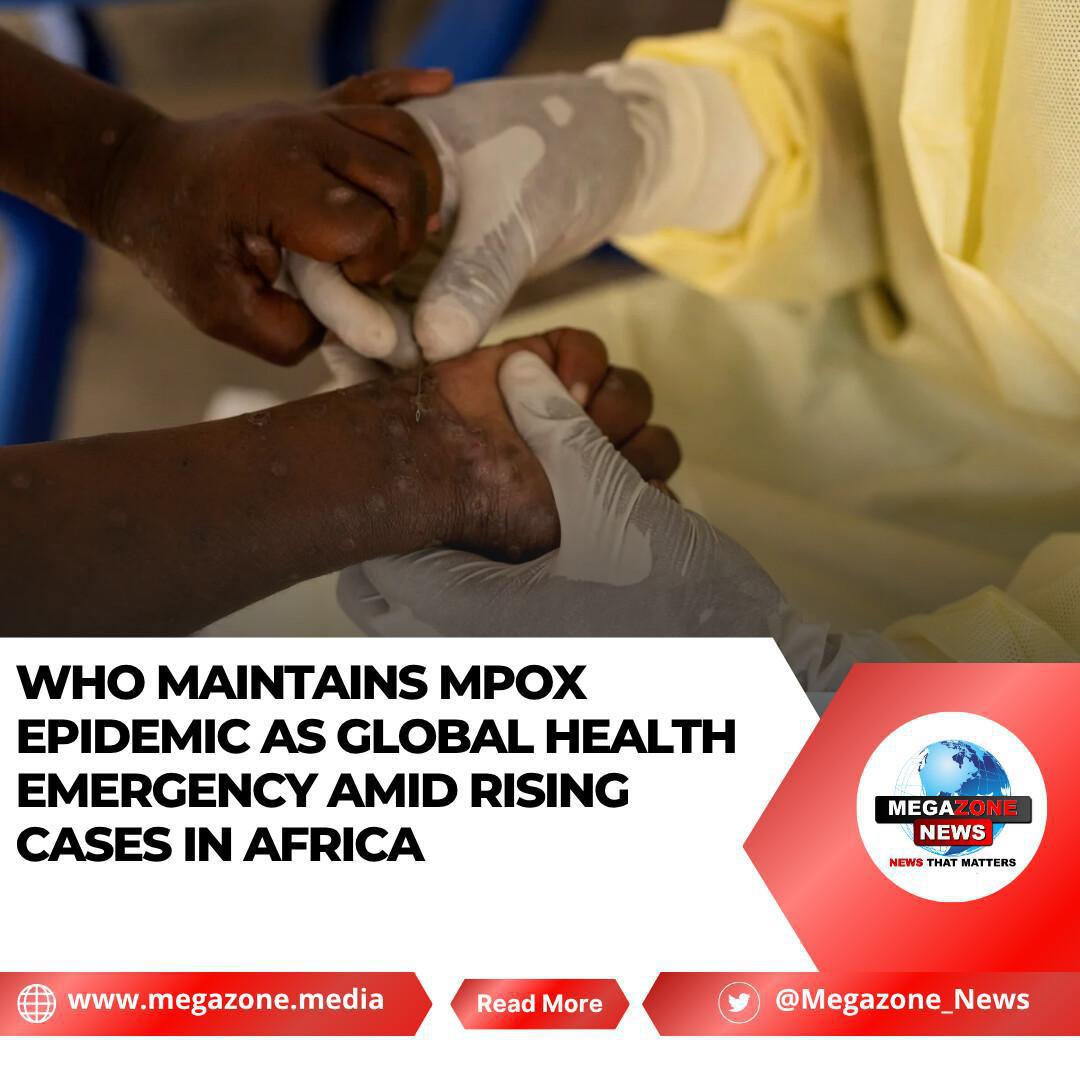The World Health Organization (WHO) has extended its classification of the mpox virus outbreak as a Public Health Emergency of International Concern (PHEIC), citing a continued surge in infections and deaths, particularly in parts of Africa.
The decision follows a meeting of the International Health Regulations (IHR) Emergency Committee, which convened last Thursday to review the state of the outbreak. WHO Director-General Dr. Tedros Adhanom Ghebreyesus confirmed the decision on Monday, noting that while progress has been made in some countries, the situation remains critical in others—especially in West Africa.
Since the epidemic began in early 2024 in the Democratic Republic of Congo (DRC), more than 37,000 cases and 125 deaths have been reported across 25 countries, according to WHO data.
The DRC remains the epicentre of the crisis, accounting for 60% of all confirmed cases and 40% of recorded deaths. The virus, which causes a blistering rash and severe flu-like symptoms, has also taken a significant toll in Uganda, Burundi, and more recently, Sierra Leone, where a sharp rise in infections has been reported this year.
"The committee determined that the mpox epidemic continues to represent a public health emergency of international concern due to the rising number of cases, especially in West Africa, and possible undetected transmission in countries beyond the continent," the WHO said in a statement.
Experts also warned that gaps in surveillance and limited access to treatment in several countries are hindering efforts to contain the outbreak. The committee called for sustained international support, particularly for nations struggling with underfunded health systems.
WHO first declared the mpox outbreak a global emergency in August 2024. While some nations have succeeded in reducing transmission, the WHO emphasized the need for enhanced global cooperation, funding, and public health measures to prevent further spread.


